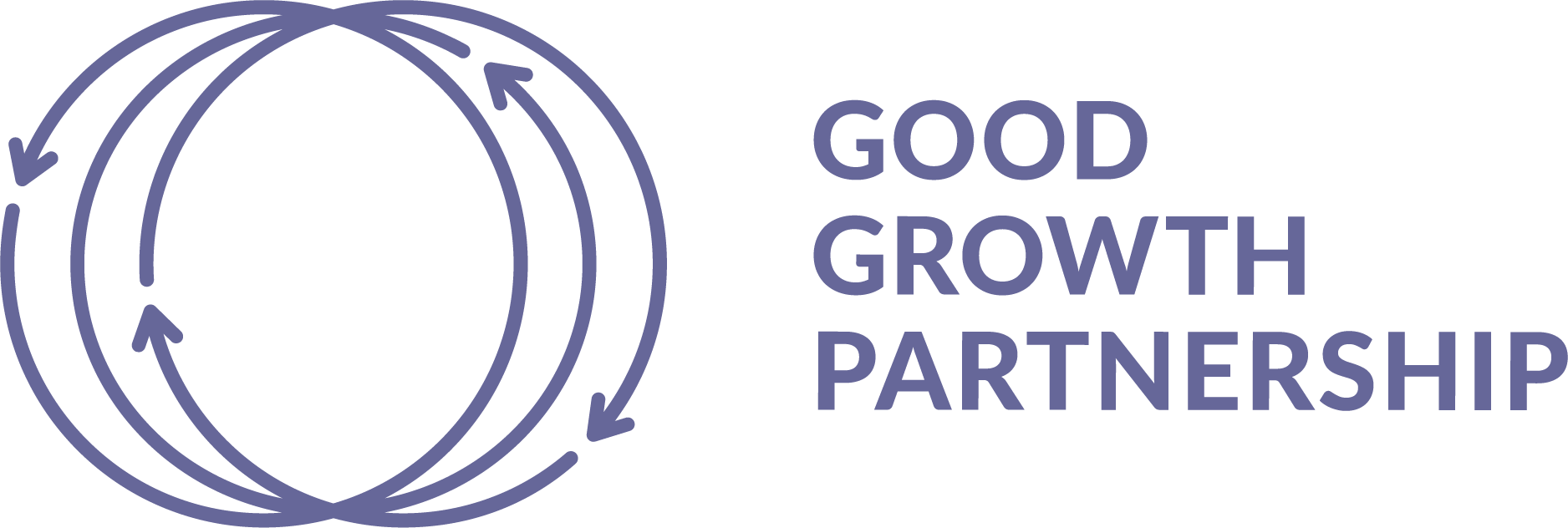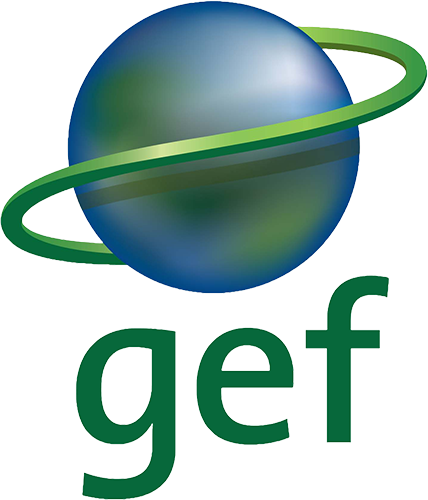
About the tool
RESPOND (Resilient and Sustainable Portfolios that Protect Nature and Drive Decarbonisation) is a tool developed by WWF that reviews asset managers’ disclosures about their implementation of responsible investment (RI). The tool is based on a WWF framework that represents a best-practice architecture for RI that is also aligned with the Task Force on Climate-related Financial Disclosures (TCFD) and the Principles for Responsible Investment (PRI).
WWF’s RESPOND tool and framework offer useful reference points for comparing asset managers on their approaches to responsible investment and climate change. We believe RESPOND will help us to engage with asset managers, and that asset managers will use it to identify areas for improvement. We expect all the asset managers in the region will play key roles in sustainable finance by adapting best practices through RESPOND.
Keiichi Nakajima, Former General Manager of MS&AD Insurance Group
We expect our external asset managers to be integrating ESG analysis into investment decision-making. Included in this analysis is addressing natural capital risk exposure. WWF's recently launched RESPOND framework and tool provide new perspectives into natural capital risk that can be used to help inform asset managers’ decision making.
Brian Rice, Portfolio Manager at CalSTRS
In this section:
- Objectives of RESPOND
- Who should use RESPOND?
- Methodology
- Asset managers included
- About WWF
- Download RESPOND framework
RESPOND helps investors and other stakeholders connect research to action. It allows its users to:

Understand
Access an overview of asset managers’ disclosures against WWF’s framework for responsible investment.

Customise
Build bespoke analyses that compare selected practices across a customisable selection of asset managers.

Download
Generate and download reports based on customised analyses.
Objectives of RESPOND
RESPOND enables users to view and compare how asset managers are implementing RI. This serves to achieve the following objectives:
- Accelerate the alignment of financial flows with the Paris Agreement and Sustainable Development Goals (SDGs);
- Create portfolios that are resilient to climate and other natural capital risks, while driving positive impact and change on the ground;
- Empower asset managers, as key intermediaries between the finance sector and the real economy, to deliver on growing asset owner expectations to drive decarbonization and sustainable development;
- Support asset owners in refining their Environmental, Social, and Governance (ESG) approaches to meet the emerging and higher standards expected by regulators and stakeholders.

Who should use RESPOND?
 |
Asset managers can:
|
 |
Asset owners can:
|
 |
Regulators can:
|
Methodology
The framework encourages asset managers to go beyond existing market best practices to also incorporate WWF’s recommendations on science-based criteria and approaches for managing climate and other sustainability issues at both the issuer and overall portfolio levels. RESPOND is aligned with TCFD and PRI and further draws on:
- Relevant national stewardship codes and reporting guidance for financial institutions (e.g. GRI, SASB);
- WWF’s science-based conservation expertise on key issues such as climate, energy, food, water, oceans and biodiversity, spanning 6,000 staff in over 100 countries;
- WWF’s experience in developing transformative corporate sustainability initiatives and co-developing science-based multi-stakeholder sustainability certification standards;
- WWF’s high-level participation in cutting-edge sustainable finance initiatives.
WWF’s RI framework is built on six pillars of ESG integration (outlined below), comprised of 14 indicators and 99 sub-indicators. Sub-indicators consist of questions with binary “yes/no” answers. To view the detailed analyses and benefit from the tool’s full functionalities, users should request free access.

Alignment of an asset manager’s strategy with a resilient and sustainable future.
- Relevance of sustainability in the organization’s strategy and investment beliefs
- Industry collaboration and participation

Robust policies that reference science-based, multi-stakeholder standards across key issues and sectors.
- RI policies
- Issue-specific policies

Internal processes for ESG integration, monitoring and engagement.
- Research, stock selection and monitoring
- Active ownership

Board responsibility, skills and KPIs to embed sustainability into investment decision making.
- Governance
- Skills
- Incentives

Client offerings that deliver positive financial, social and environmental outcomes.
- Product availability
- Client engagement

A portfolio approach to risk management, reporting and aligning financial flows with global sustainability goals.
- Risk assessment
- Metrics and targets
- Disclosure
The 2020 RESPOND analysis focuses on a set of large global asset managers, meeting the following three criteria:
- Min. AUM of US$200B for European AMs and US$20B for Asian AMs;
- Headquartered in Europe, with offices in Asia or headquartered in Asia;
- PRI signatories.
RESPOND’s analysis focuses only on asset managers’ indirect footprints (i.e. their exposure to ESG risks and impacts through their portfolio companies), as opposed to their direct footprints (e.g. building energy consumption, paper consumption, or staff travel). There is a broad consensus among various stakeholders (financial institutions, regulators, civil society) that while the management of direct impacts is important, indirect risks and impacts are far more significant and should form the backbone of any asset manager's sustainability strategy.
While we recognize its importance to RI, RESPOND deliberately does not focus on corporate governance as asset managers generally already have significant experience addressing these issues. However, where relevant, the framework does address the asset manager’s own sustainability governance.
RESPOND only takes into account asset managers’ publicly disclosed information in English. This includes the latest sustainability and RI reports (released before October 2021), as well as information posted on websites such as company policies, statements, investor presentations and press releases. The analysis also takes into account the PRI 2020* Transparency Reports. These public disclosures represent the baseline level of information available to international asset owners and stakeholders looking to develop an understanding of how asset managers are managing climate and ESG risks and opportunities so as to contribute to sustainable development. Each asset manager included has been given the opportunity to review their preliminary results and provide feedback.
WWF updates the analyses once per year. However, asset managers may reach out proactively to inform WWF about any updates to their public ESG disclosures. WWF will consider these updates and make necessary revisions to RESPOND analyses, such that they reflect the most updated information available.
*We are unable to utilise the 2021 reports as their publication has been delayed due to the development and launch of a new pilot Reporting Framework. For more details, please refer to this statement by the PRI.
Asset managers included
- Aberdeen Standard Investments
- Aegon Asset Management
- Allianz Global Investors
- Amundi
- APG Asset Management
- Asset Management One Company Ltd.
- Aviva Investors
- AXA Investment Managers
- Baillie Gifford
- BNP Paribas Asset Management
- Bosera Funds
- China Asset Management Company Ltd.
- China Life Asset Management Company Ltd.
- China Southern Asset Management Company Ltd.
- DWS Group
- E Fund Management Company Ltd.
- Eastspring Investments
- Fidelity International
- Fullerton Fund Management Company Ltd.
- Harvest Fund Management
- HSBC Global Asset Management
- Kotak Mahindra Asset Management (Singapore) Pte. Ltd
- Legal & General Investment Management
- Lion Global Investors Ltd.
- M&G Investments
- Mitsubishi UFJ Trust and Banking Corporation
- Nikko Asset Management
- NN Investment Partners
- Nomura Asset Management
- Nordea Asset Management
- Ostrum Asset Management
- Pictet Asset Management
- Robeco
- SBI Funds Management Pte. Ltd.
- Schroders
- Sumitomo Mitsui Trust Asset Management
- UBS Asset Management
- Union Investment Group
- UOB Asset Management Ltd.
- UTI Asset Management Company Ltd.
ABOUT WWF
- Our conservation experience on the ground across WWF’s global practices;
- Our partnerships with companies on key issues such as climate, energy, food and water to drive sustainability;
- Our participation in cutting-edge sustainable finance initiatives (e.g. Science Based Targets initiative, the European Commission’s Platform on Sustainable Finance and the Net Zero Asset Owner Alliance).
OUR PARTNERS


Download Reports
2019 WWF Responsible Investment Framework
This report introduced the WWF’s Responsible Investment Framework in 2019. It provides context around why the framework was developed, its uses, and sheds light on the underlying indicators and sub-indicators the framework assesses.
Download2020 Insight Report
This report summarizes the analysis of 22 asset managers’ disclosures on their implementation of responsible investment (RI). It outlines how these asset managers disclose against WWF’s RI framework and how they can further push the frontier of RI.
Download2021 Insight Report (English)
This report summarizes the analysis of 30 asset managers’ disclosures on their implementation of responsible investment (RI). It outlines how these asset managers disclose against WWF’s RI framework and how they can further push the frontier of RI.
Download2021 Insight Report (Japanese)
This report summarizes the analysis of 30 asset managers’ disclosures on their implementation of responsible investment (RI). It outlines how these asset managers disclose against WWF’s RI framework and how they can further push the frontier of RI.
Download